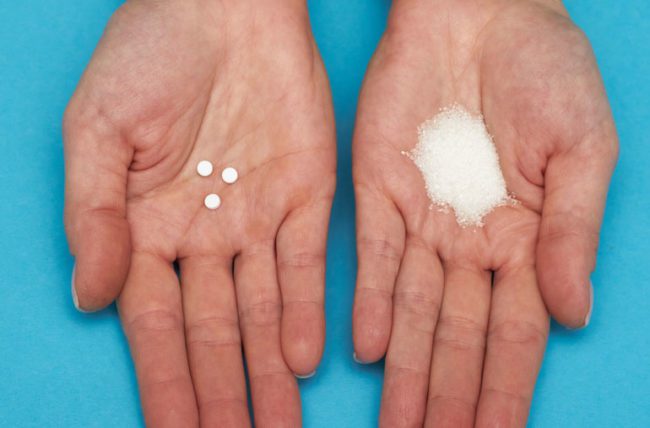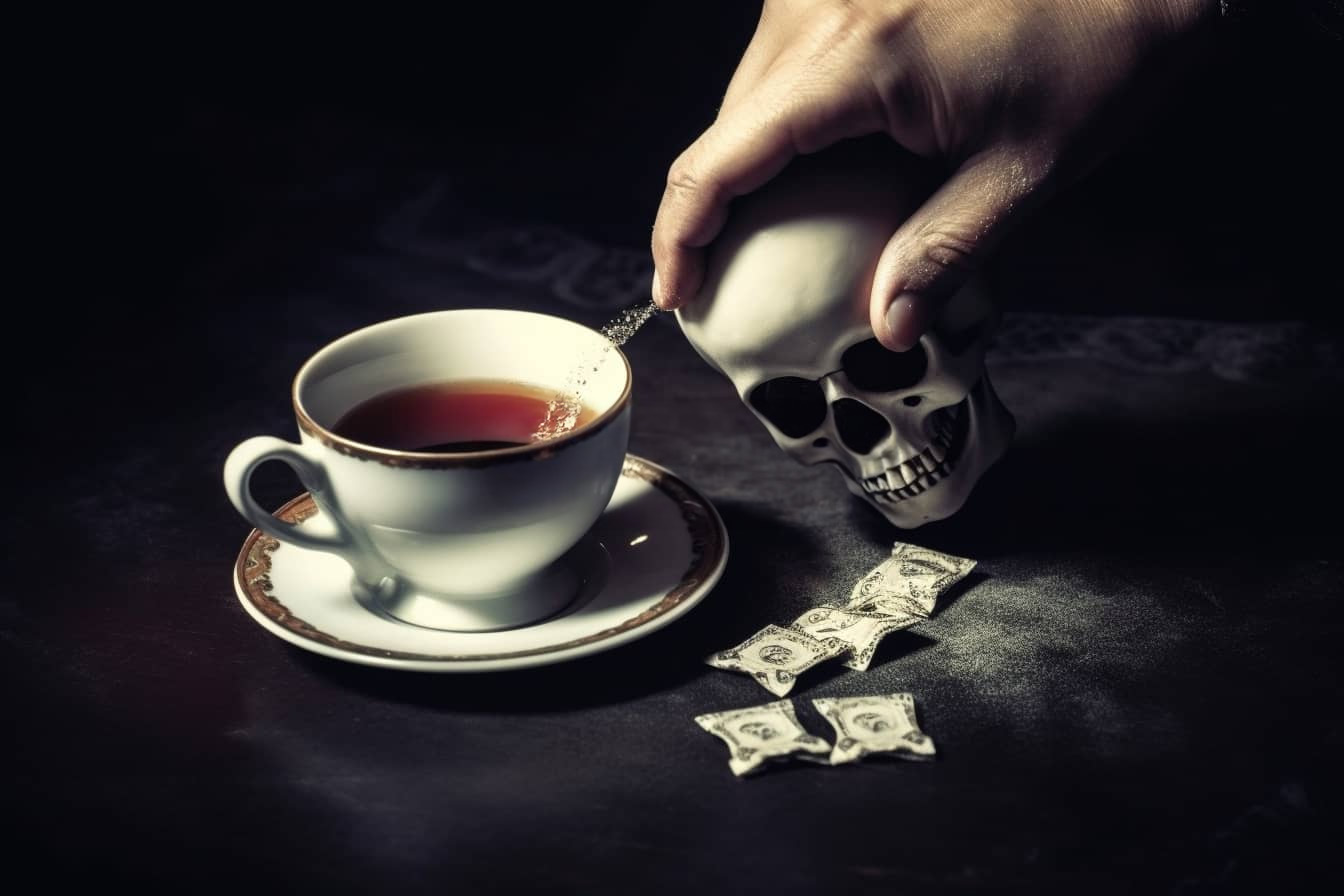A recently published studyI link it here) brings with it bad-tasting news. A beloved truth: sucralose, which conquers the palates with its sweetening power (600 times higher than that of sugar) damages DNA and intestines.
And it's as big a problem as a house, because sucralose is practically everywhere: we find it in a myriad of products, from sweets to ice cream, from chewing gum to soft drinks.
The incriminating study
A team of researchers from North Carolina State University focused on a specific molecule, the sucralose-6-acetate. It is a derivative of sucralose that is formed when it is metabolized by our body.
Their concern was about the effects of this substance on our body, especially on our DNA. And it increased as the analyzes progressed.
Does sucralose really damage DNA?
Well, the findings have not been reassuring. After a series of laboratory experiments on human cells, researchers discovered that sucralose-6-acetate it is genotoxic, i.e. it damages DNA.
In other words, this substance causes DNA strands to break, a phenomenon which, if not repaired correctly, can lead to the formation of tumors. And that's not all.
Our intestines are also damaged: they become permeable, with the result that substances usually eliminated with the faeces end up passing into the blood instead.

Word to the experts
“Our findings suggest that trace amounts present in a single sucralose-sweetened drink exceed the threshold of toxicological concern established by the European Food Safety Authority, which is 0,15 micrograms per person per day,” he says Susan Schiffman, among the authors of the study.
“And this is without taking into account the sucralose-6-acetate produced as a metabolite also as a result of ingestion.” Terrible.
Sucralose, you don't accept miracles
The absurdity lies in the fact that sucralose is still considered safe by many food safety authorities: which is why the authors warn that this study must ring alarm bells for both regulators and the public.
It's time to re-examine the safety and regulatory status of this umpteenth "miracle sweetener" (over the years, aspartame and erythritol) because evidence shows that it carries significant risks.
I don't suggest anything to anyone, but I tell you that from today I will carefully avoid all products that contain sucralose (I find myself more than I could imagine).
For me it is a substance that should be banned.
I received and published the response to the article from the International Sweeteners Association:
The safety of sucralose has been repeatedly confirmed by food safety and regulatory bodies around the world, including the European Food Safety Authority and the US Food & Drug Administration. Sucralose has undergone one of the most extensive and thorough testing programs ever conducted on a food additive in history, resulting in consensus on its safety by the global scientific and regulatory community.
This publication in particular focuses on testing for sucralose-6-acetate. This is a minor impurity that can form during the production of sucralose, the levels of which are strictly controlled by robust manufacturing processes and limited by specific regulations established for sucralose.
Sucralose, like all other low- or no-calorie sweeteners, plays an important role in offering consumers the choice of sweet-tasting options with few or no calories. As part of a balanced diet, low/no calorie sweeteners can be a useful tool for reducing sugar and calorie intake, as well as managing blood glucose levels and reducing the risk of dental decay.


